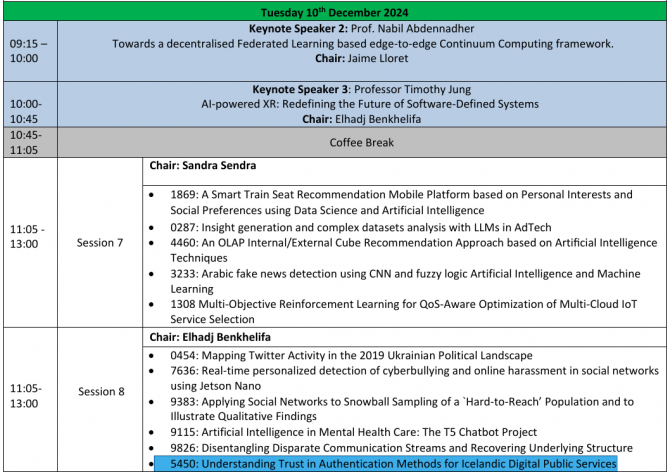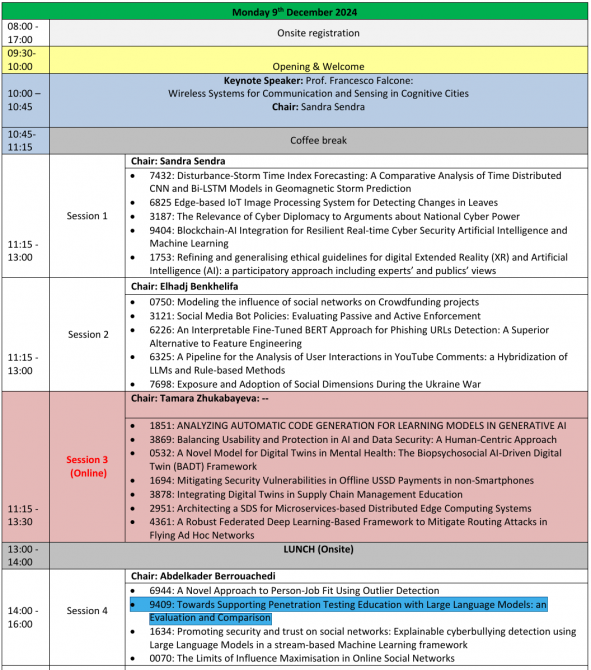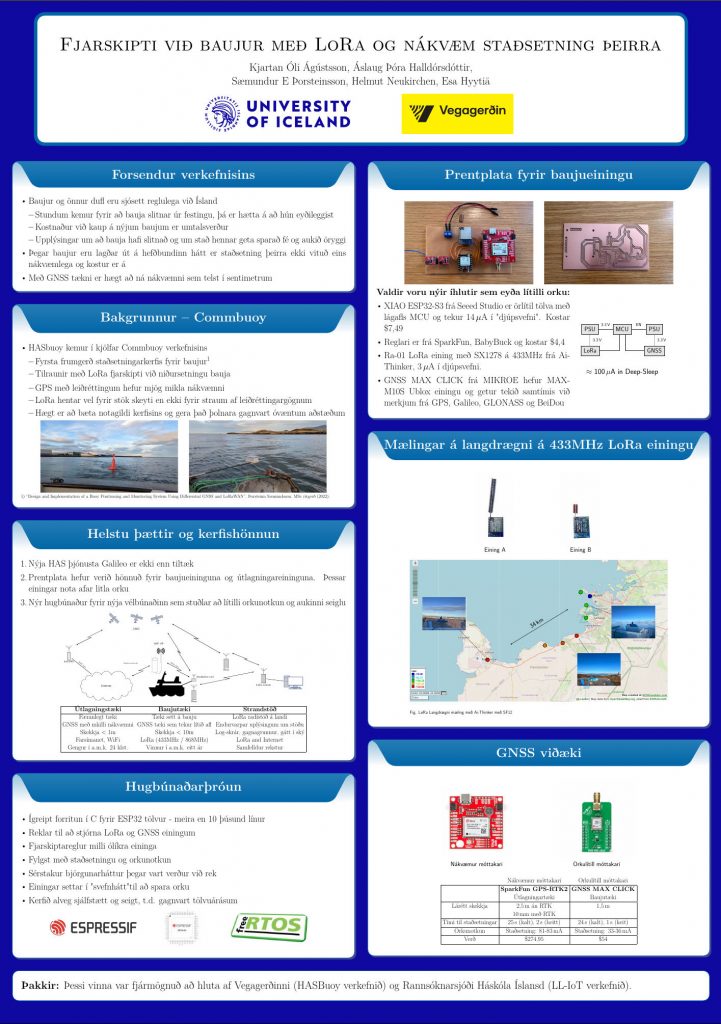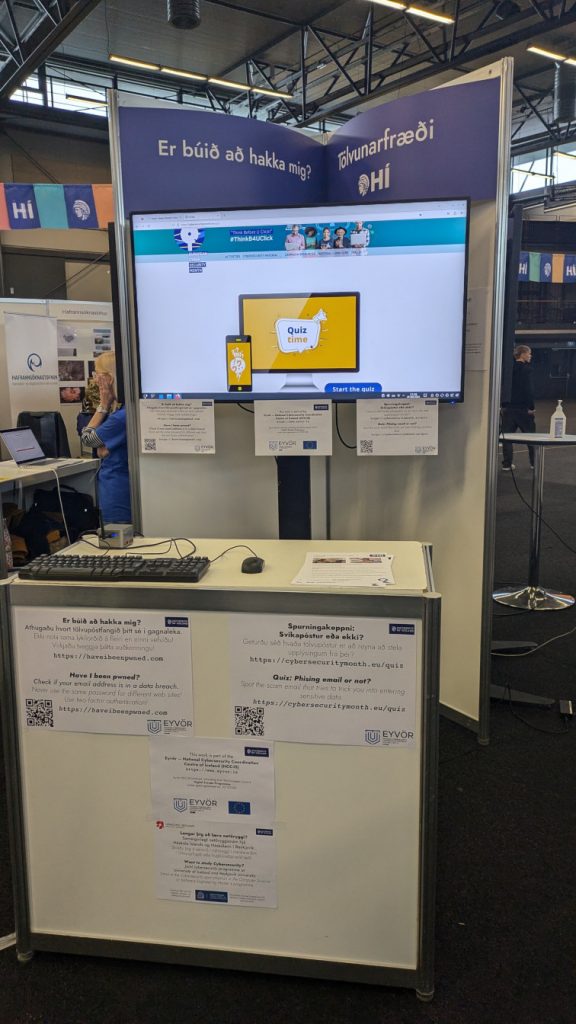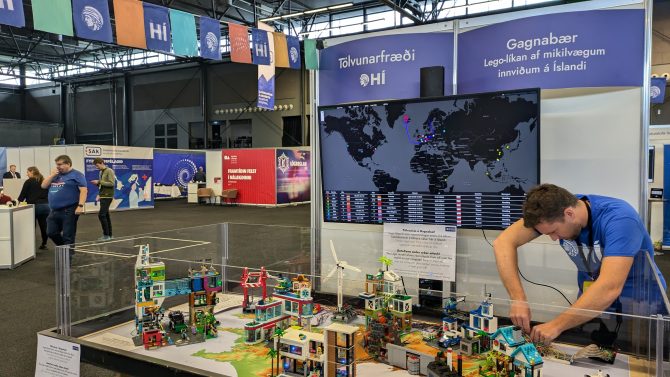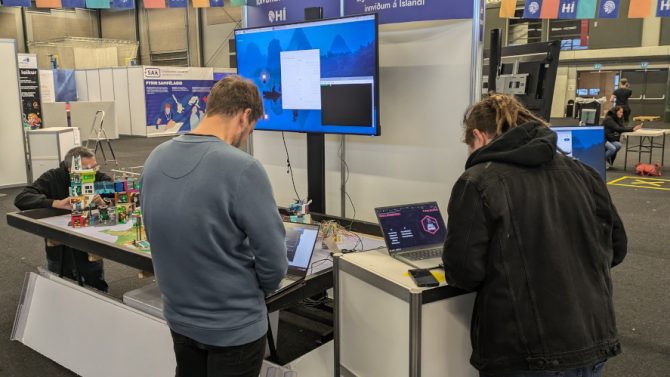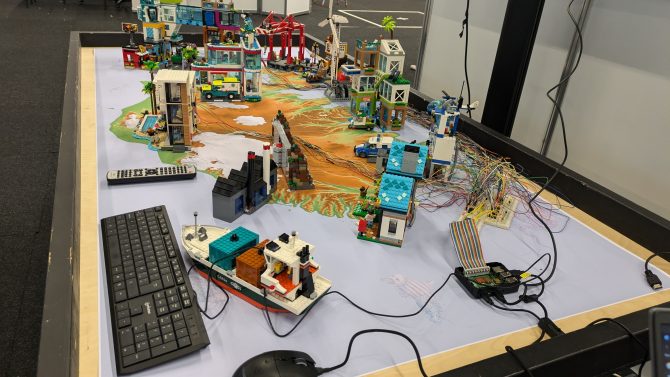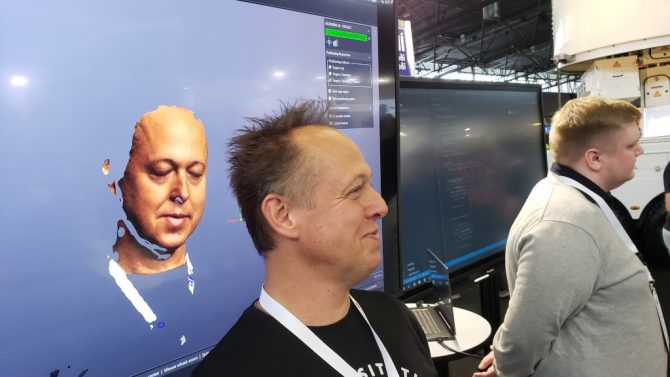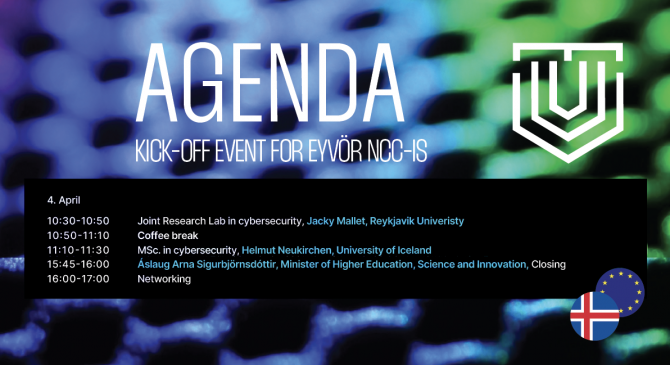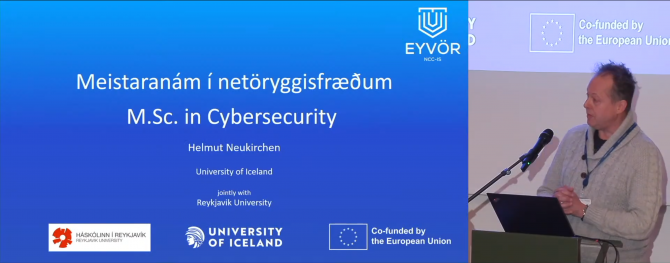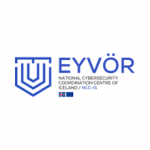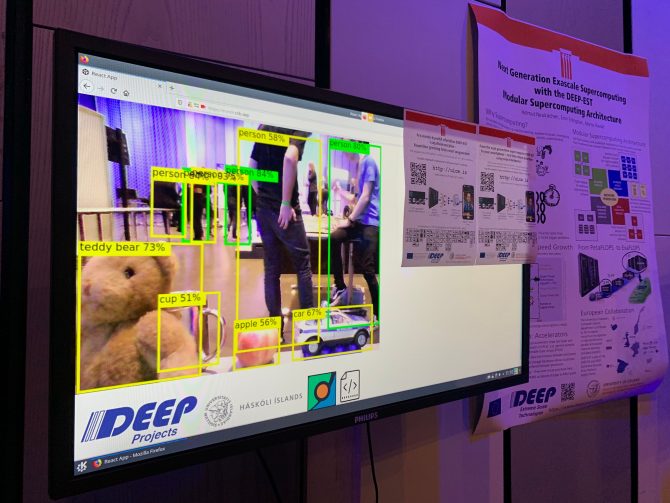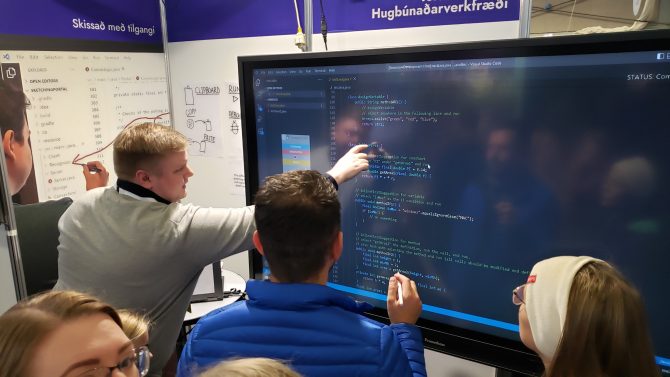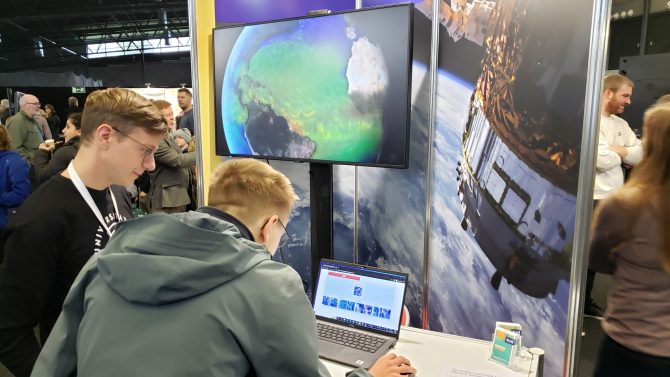Update: The position is not vacant anymore.
Field of Work:
The department of Computer Science in the School of Engineering and Natural Sciences at the University of Iceland seeks applicants for a post-doctoral researcher in the area of Secure Software Engineering and Vulnerability Reporting Programmes to work as part of the Digital Europe Programme project Defend Iceland ICEDEF.
The position is initially funded for 2 years with possibility of extension.
The ICEDEF project involves the creation of a national vulnerability reporting web portal and associated services for paying bounties to ethical hackers for discovering these vulnerabilities. Once vulnerabilities are reported there are challenges in effectively integrating (and verifying the effectiveness) of the fixes into the software development life cycle. Technical challenges include poor observability of the software supply chain and an inability to affect it due to change, intellectual property, proprietary development pipelines, 3rd party libraries and infrastructure, etc. Social challenges are related to the impact of identified vulnerabilities on business continuity and clearly translating the results and impact to industry partners and stakeholders.
The responsibilities of the role are envisioned to include:
Developing and implementing a research project in vulnerability reporting programs.
Education of secure development practices and software vulnerabilities to stakeholders.
Assisting in the organisation of security events such as hackathons and workshops.
Contributing to the maintenance of cybersecurity research infrastructure.
Supervising research assistants.
Qualification requirements:
PhD in Computer Science, Software Engineering or related to Cybersecurity more broadly.
Proficiency in English.
Strong communication skills and the ability to work both individually and in groups.
Beneficial:
A strong publication history in high-quality software engineering and/or security journals and conferences. (e.g. IEEE and ACM).
Experience in developing, delivering, and innovating in cybersecurity and software engineering education.
Experience in server administration including virtualisation and cloud tools.
Application:
Interested parties should, in the first instance, send a CV and covering letter explaining their motivation for applying and their research interests in software engineering and/or cybersecurity via e-mail to Dr. Tom Welsh (tomwelsh@hi.is) and Dr. Helmut Neukirchen (helmut@hi.is).
For an informal discussion regarding research topics, responsibilities, or Iceland in general prior to this please feel free to contact Tom or Helmut as above.
Work Environment:
The University of Iceland is a flourishing community of knowledge in the heart of Reykjavik. A modern, diversified, and rapidly developing state university, it offers opportunities for study and research in over 400 programmes spanning most fields of science and scholarship.
https://english.hi.is/
The University of Iceland's School of Engineering and Natural Sciences employs about 390 people in teaching and research. The School offers an exciting working environment where about a quarter of all employees and graduate students are international. The School has about 2000 students, with about 800 students in the Faculty of Industrial Engineering, Mechanical Engineering and Computer Science.
https://english.hi.is/school_of_engineering_and_natural_sciences
The Department of Computer Science is located in the University Science Park's new "House of Ideas" together with a vibrant community of startup and tech companies of all sizes.
Iceland participates in many cooperative European programmes, such as Horizon Europe and the Digital Europe Programme. The country consistently ranks at or close to the top of the Human Development Index, Global Gender Gap Index, LGBT Equality Index and Global Peace Index. For more information on living and working in Reykjavik, see https://www.reykjaviksciencecity.is/ and https://english.hi.is/international_staff_services
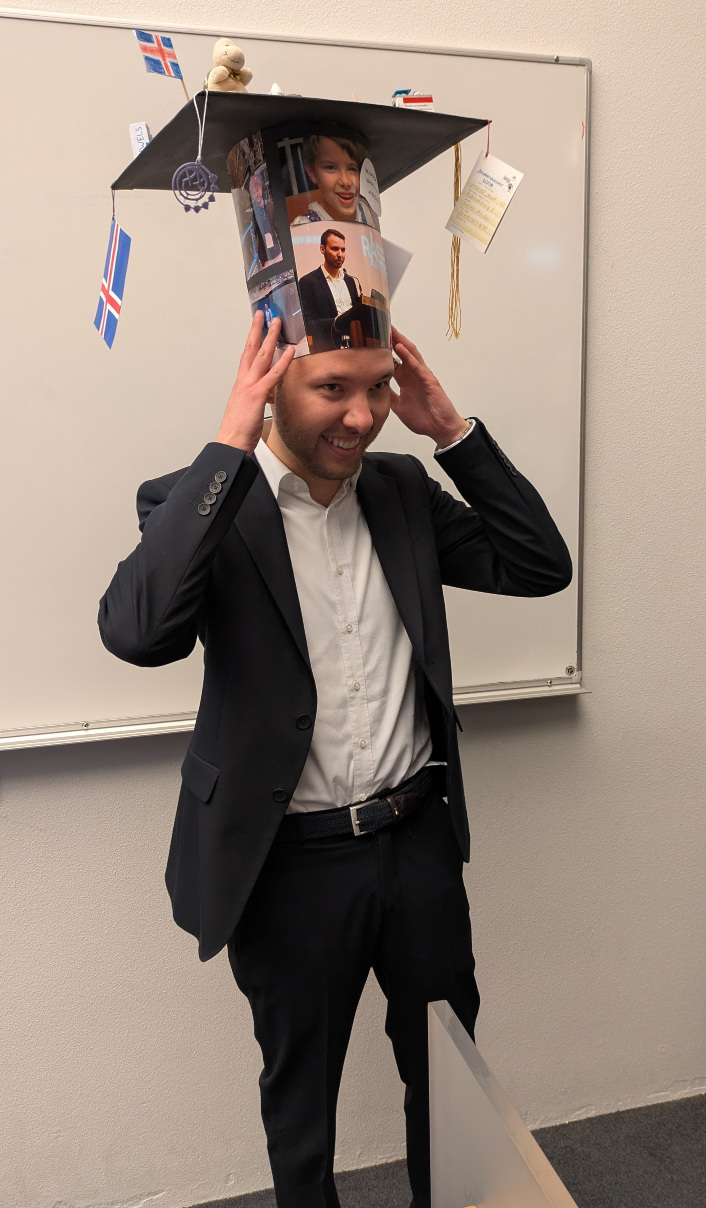
![]()
